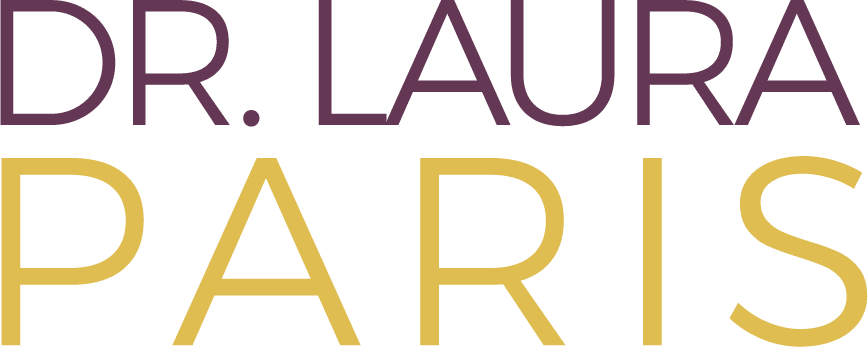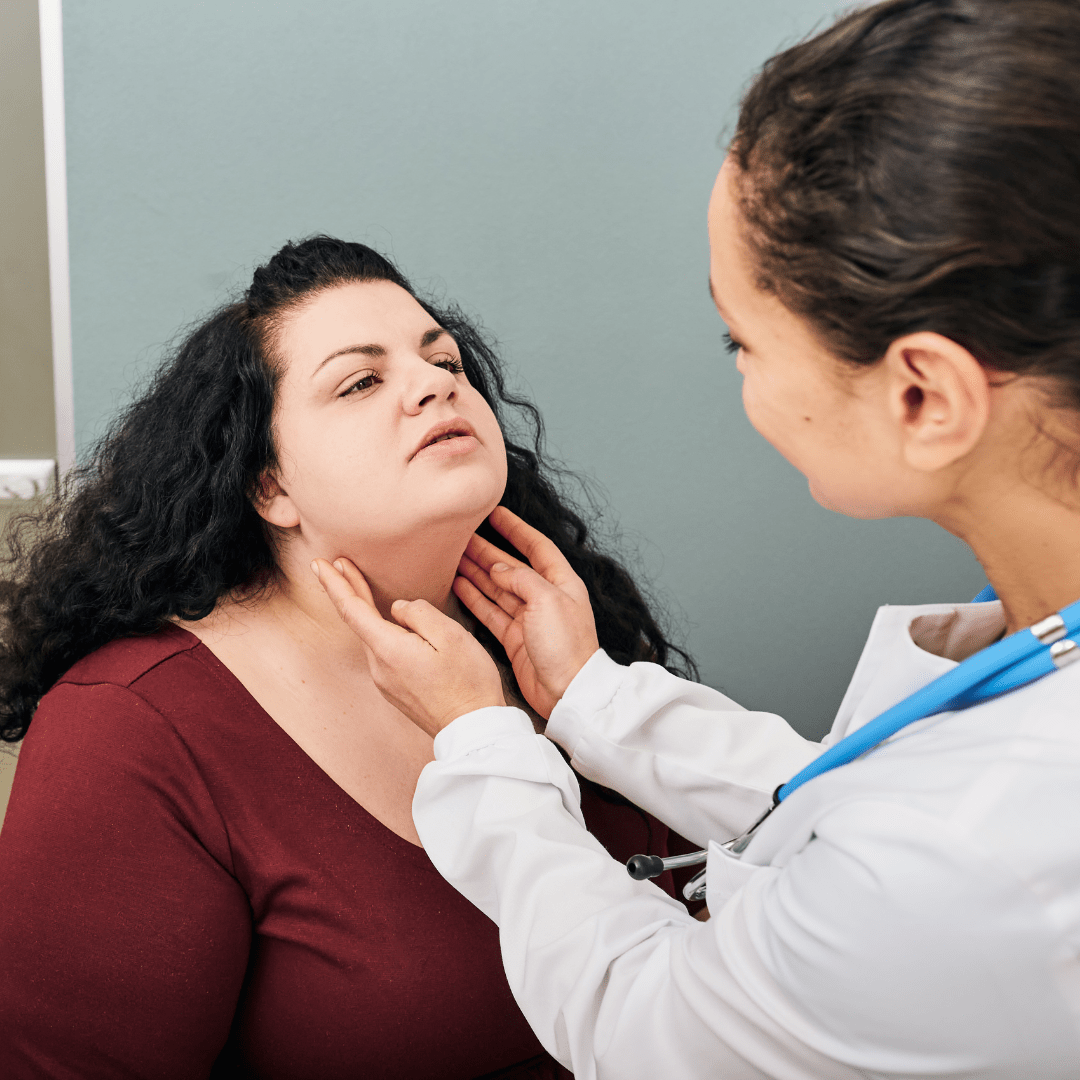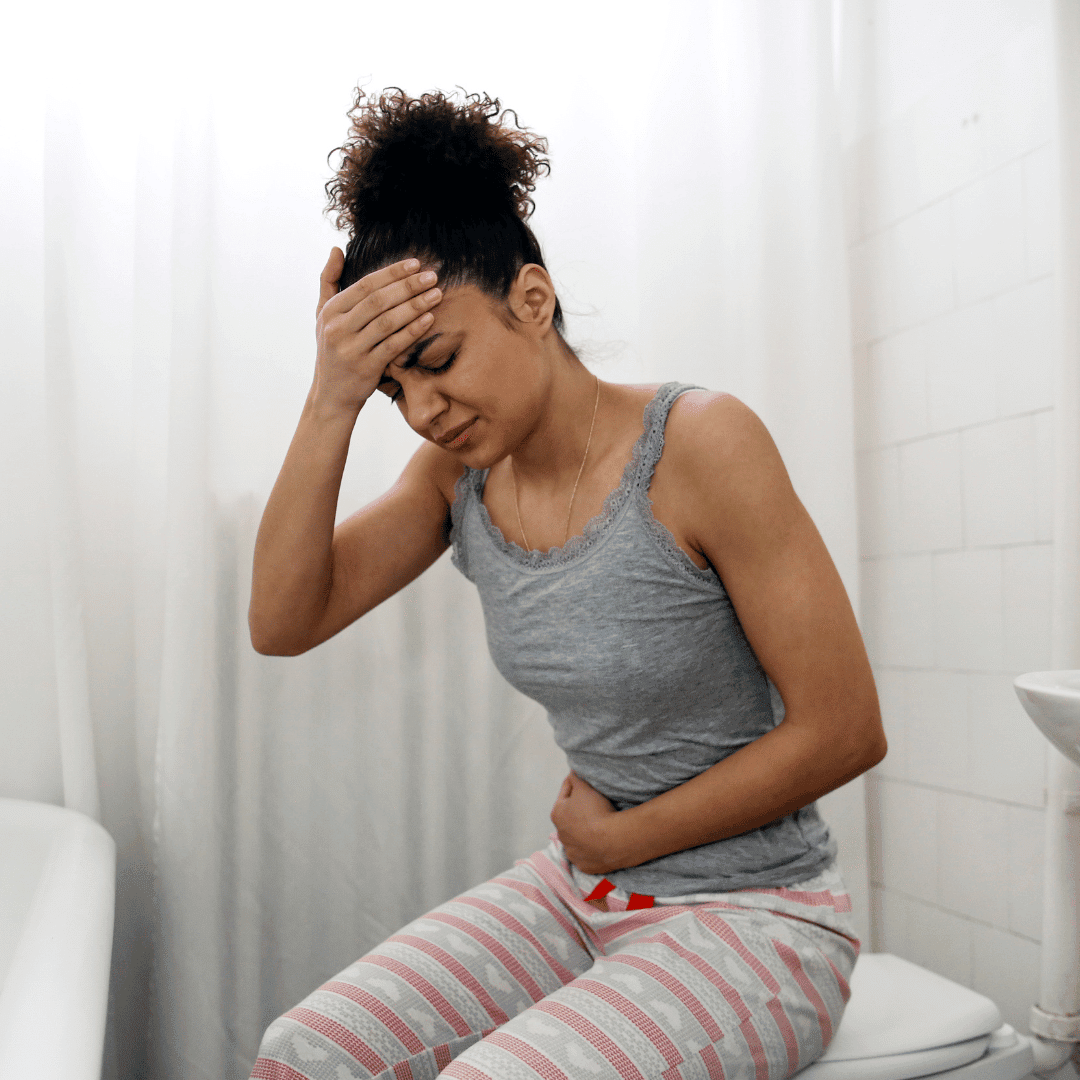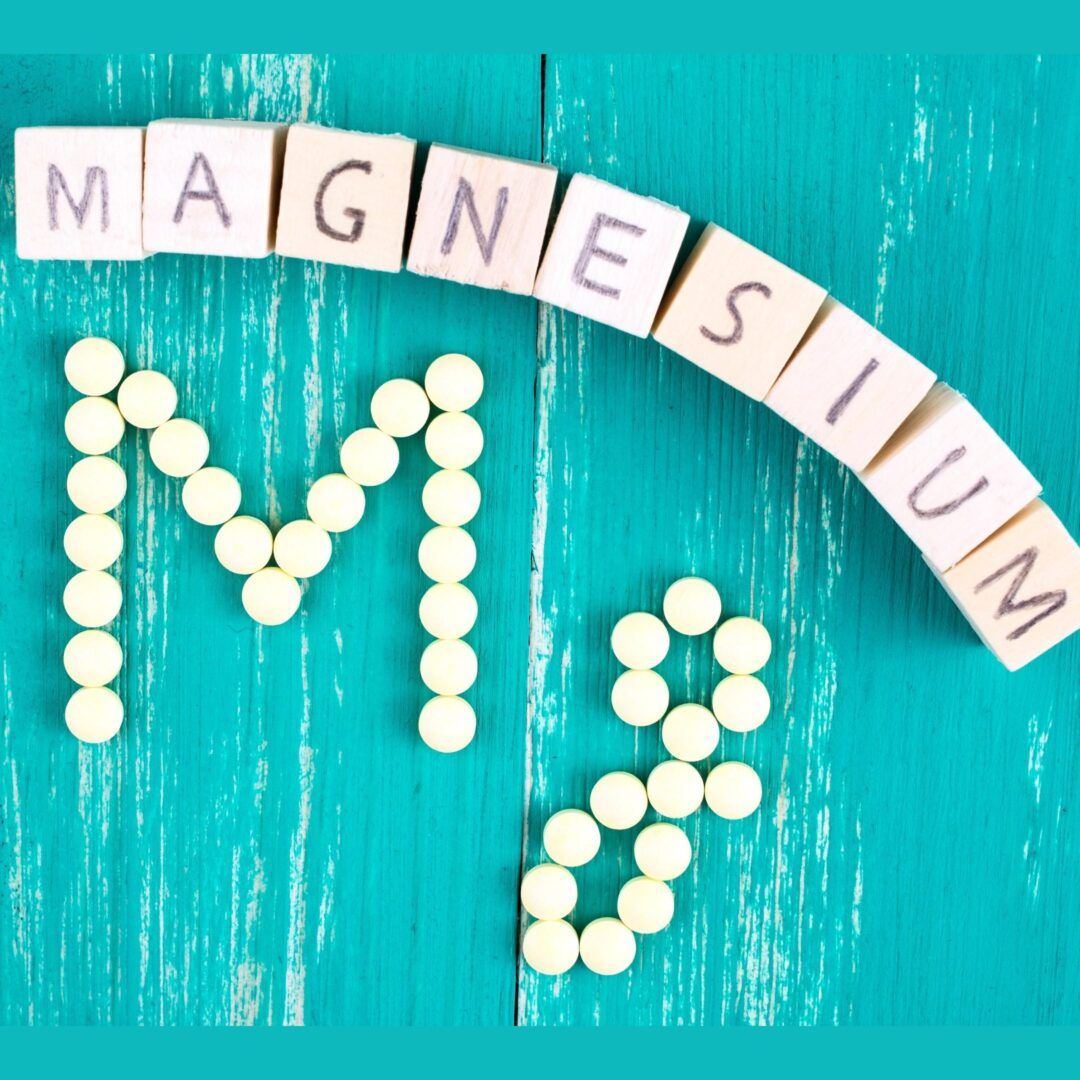Understanding Gut Dysbiosis: Causes, Symptoms, and Solutions
If you’ve read our previous post, Your Gut Microbiome: The Foundation of Whole-Body Health, you know that the gut microbiome is essential for everything from immune support to mental clarity. But when this balance is disrupted—a condition called dysbiosis—health can suffer in many ways. Let’s explore what causes dysbiosis, the symptoms to watch for, and effective solutions for restoring balance.
What is Gut Dysbiosis?
Gut dysbiosis occurs when the balance of your microbiome is thrown off due to a lack of beneficial microbes, an overgrowth of harmful ones, or both. Harmful microbes can include pathogenic or opportunistic bacteria, archaea, viruses, fungi, microscopic parasites, or worms. Harmful microbes can reside anywhere in the digestive tract, from the mouth, stomach, small intestine, and colon. Microbial imbalance can lead to a variety of issues, such as:
- Digestive symptoms: Constipation, diarrhea, gas, and bloating.
- Chronic digestive disorders: Conditions like SIBO, IBS, and inflammatory bowel disease.
- Autoimmune responses: Immune dysregulation that can contribute to autoimmune conditions.
- Hormonal imbalances: Issues such as PMS, painful periods, and menopausal symptoms.
- Leaky gut: Increased permeability of the gut lining, which may lead to food sensitivities.
- Systemic inflammation: Widespread symptoms like pain, brain fog, and mood changes.

Causes of Gut Dysbiosis
Dysbiosis is surprisingly common and often linked to lifestyle and dietary habits, including:
- Medications: Antibiotics, NSAIDs, acid blockers, and birth control can disrupt the microbiome.
- Processed food diets: Refined carbs and sugars fuel problematic microbes while depriving beneficial bacteria.
- Low-fiber intake: Diets low in fiber from plant-based foods hinder beneficial bacteria and reduce microbial diversity.
- Environmental exposure: Pesticides, chemicals, and over-sanitization reduce beneficial microbial diversity.
Why Probiotics Aren’t Enough
While probiotics offer support, they alone don’t restore the diversity needed for a healthy microbiome. A fiber-rich, plant-diverse diet rich in polyphenols is key. Aim for 5–10 servings daily of colorful vegetables, fruits, nuts, seeds, and legumes to support a balanced microbiome. Learn more in our post Fueling Your Microbiome: A Guide to Fermentable Fiber
Digestive Health and Dysbiosis
Imbalances can occur at any stage of digestion:
- Mouth: Poor chewing can lead to undigested food particles fermenting in the gut.
- Stomach: Low stomach acid, often due to acid blockers, impairs digestion.
- Small Intestine: Reduced enzyme and bile production disrupts fat breakdown and detoxification.
- Motility: Slow or rapid motility affects the balance of microbial growth.
Testing for Gut Dysbiosis
A GI-MAP test, a genetic PCR stool test often used by functional medicine practitioners, can provide an accurate assessment of gut dysbiosis. This test identifies specific bacteria, parasites, and viruses and evaluates your gut lining, bile system, immune markers, and enzyme levels.

Restoring Balance: The Five Rs of Gut Repair
A systematic approach is essential to restore gut health. In functional medicine, we use a framework called the “Five Rs of Gut Repair,” for resolving dysbiosis:
- Remove irritants and harmful microbes.
- Replace digestive aids, like enzymes and bile acids.
- Reinoculate with beneficial bacteria and prebiotics.
- Repair the gut lining to strengthen the intestinal barrier.
- Rebalance lifestyle factors to sustain long-term gut health.
If you’re ready to take control of your gut health, consider ordering a GI-MAP test today and a consultation with me to review your results. Together, we’ll create a personalized plan to restore your gut and microbiome health.
Have a question or insight on this topic? I’m here for it—leave a comment below!

Dr. Laura Paris is a women’s health specialist who provides Acupuncture and Functional Medicine care at her two clinics in Capitola and Monterey, California. She also works with women remotely in the United States through telehealth appointments. Learn more about Laura here, and message her directly here.








I have been researching SIBO since I realized my off and on again diarrhea was most likely caused by a really strong antibiotic prescribed by a dentist for a very bad tooth abscess, When I had a really bad bout I finally went to my primary (tooth pulled after 5 days of antibiotics in Feb. went to Doc in late September). My primary wanted to test for c.diff before pursuing SIBO as cause; turned out I had low grade c.diff and she treated it with viocynmin and FODMOP diet. I’m better but still suspect my small intestine is messed up with over growth. Rather than seek out a naturopath who can give the breath test and all that entails do you think the test GI MAP test would answer my questions about my gut and aso does it show c.diff? Do you treat via internet?
Thanks,
Bobbi (Barbara) Cooper
Barbara,
The GI Map does test C diff, and it can give some indications of SIBO, however not the type. That being said, SIBO is usually a symptom rather than a “root cause,” and my preference is to have a GI Map regardless. I do work with people on a distance basis, read more here: https://www.parishealingarts.com/functional-medicin-laura-paris-aptos-monterey/
Laura